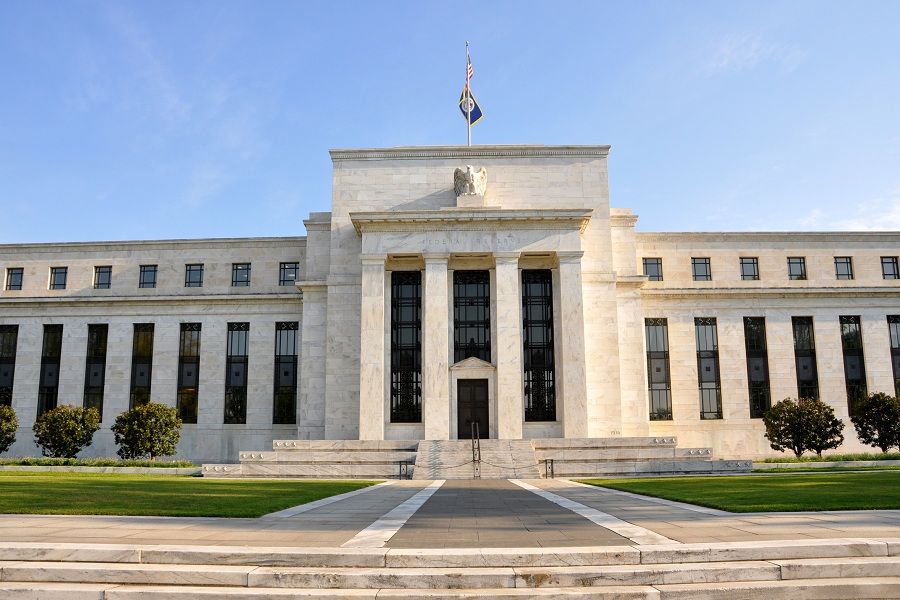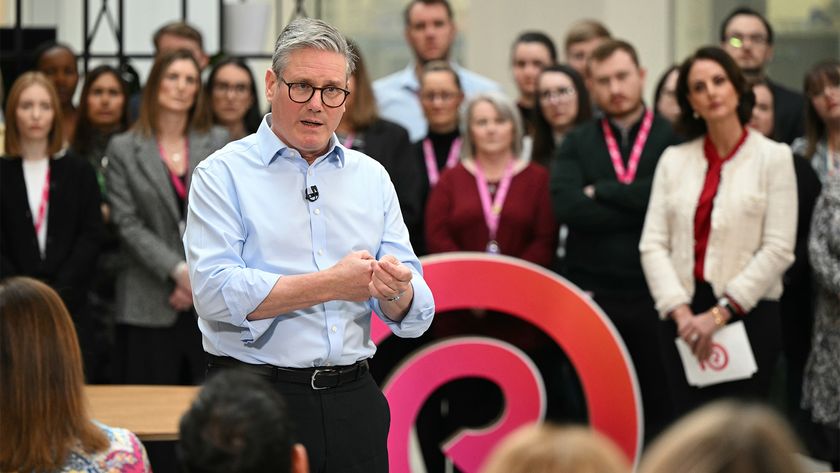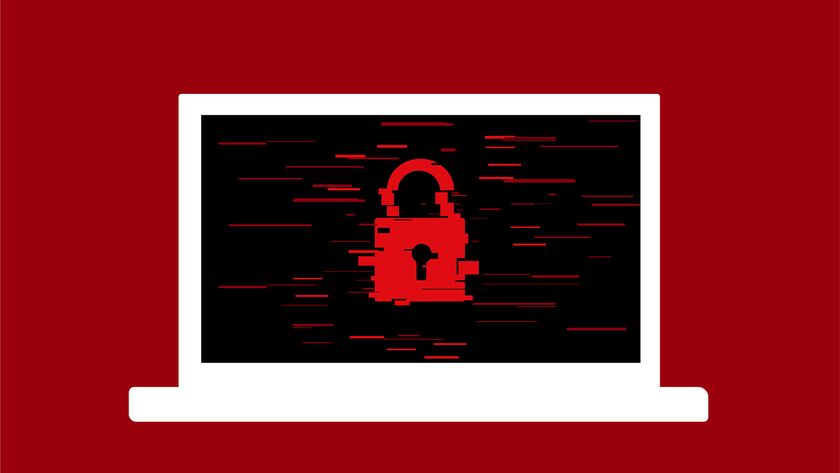Federal Reserve still gauging extent of online security breach
Superbowl hacking incident now subject of FBI investigation.

The U.S. Federal Reserve (The Fed) has said it is still working to determine the extent its computer systems had been breached by hackers, adding that the incident was the subject of a criminal probe by the Federal Bureau of Investigation.
"We are in the process of a comprehensive assessment to determine what information might have been obtained in this incident," said Federal Reserve spokesman Jim Strader.
"We remain confident that this incident did not affect critical operations of the Federal Reserve."
It is possible more information might still be released by the hackers
The online intrusion, which has embarrassed the U.S. central bank and raised questions about the effectiveness of its security, was publicised on Sunday by activist group Anonymous.
The integrity of the Fed's systems is vital to ensure confidence in its ability to securely transmit highly confidential information, including communications about U.S. monetary policy and the banks that it supervises.
The Fed statement on Thursday was its first explicit acknowledgment that it did not yet know the extent of the security breach. Cyber-security specialists say it takes time to thoroughly investigate a stealthy intrusion by skilled hackers.
Get the ITPro. daily newsletter
Sign up today and you will receive a free copy of our Focus Report 2025 - the leading guidance on AI, cybersecurity and other IT challenges as per 700+ senior executives
Anonymous claimed that it had published personal information from more than 4,000 U.S. bank executives gleaned from a password-protected Fed website.
The website, called the Emergency Communication System (ECS), exists to provide bank contact information in the event of a natural or other disaster. It is managed by the St. Louis Federal Reserve Bank.
A message sent by the Fed to ECS users and obtained by Reuters on Tuesday warned that personal information, including mobile and business telephone numbers, email and business addresses, had been obtained by the online intruders.
Strader said it was possible that more information might still be released by the hackers, but declined to spell out if data from a site other than the ECS had been obtained.
"This incident is the subject of an active criminal investigation with the FBI and we cannot comment further," he said.
The Fed also declined to comment on when the attack took place, how long it took for the breach to be discovered and what type of system or vulnerability was exploited.
A review by Reuters of the code on the ECS site home page shows it runs on ColdFusion, a program used to build websites that software maker Adobe Systems patched in mid-January to repair several critical security flaws.
The company said hackers could take advantage of those bugs to break into computer systems, access restricted files and take control of affected servers.
The Fed's inspector general recommended in a 2012 audit published in November that the central bank implement a security review process for third party systems located outside its system. The Fed was not immediately able to clarify if the ECS website breached by Anonymous fell in this category.
The information published by Anonymous so far has not ruffled feathers among the bankers affected.
"It hasn't been much of a hassle," said Jo David Cummins, president and CEO of Community First Bank of the Heartland in Illinois. "The information that was on the contact system was the same thing that was on my business card, so it wasn't like it was anything that could do any harm to me or the bank."
The hacking claim was made via Twitter over an account registered to OpLastResort, which is linked to Anonymous, a loosely organized group of hacker activists who have claimed responsibility for scores of attacks on government and corporate sites over the past several years.
OpLastResort is a campaign that some hackers associated with Anonymous have started to protest against the government's prosecution of computer prodigy Aaron Swartz, who committed suicide on Jan. 11.
Swartz was charged with using the Massachusetts Institute of Technology's computer networks to steal more than 4 million articles from JSTOR, an online archive and journal distribution service. He faced a maximum sentence of 31 years if convicted.
Cyber-security specialists said they assumed the Fed is under constant attack from hackers, including by state-sponsored online snoopers, and that most strikes go unreported.
In a rare admission, the Cleveland Fed confirmed in 2010 that it had been attacked online. Cleveland Fed spokeswoman June Gates said a test computer was compromised, but the hacker failed to access any Fed information. The incident came to light when the crime was prosecuted in a New York court in November 2010.

‘If you want to look like a flesh-bound chatbot, then by all means use an AI teleprompter’: Amazon banned candidates from using AI tools during interviews – here’s why you should never use them to secure a job

Businesses must get better at sharing cyber information, urges former GCHQ chief

AI PCs are becoming a no-brainer for IT decision makers











